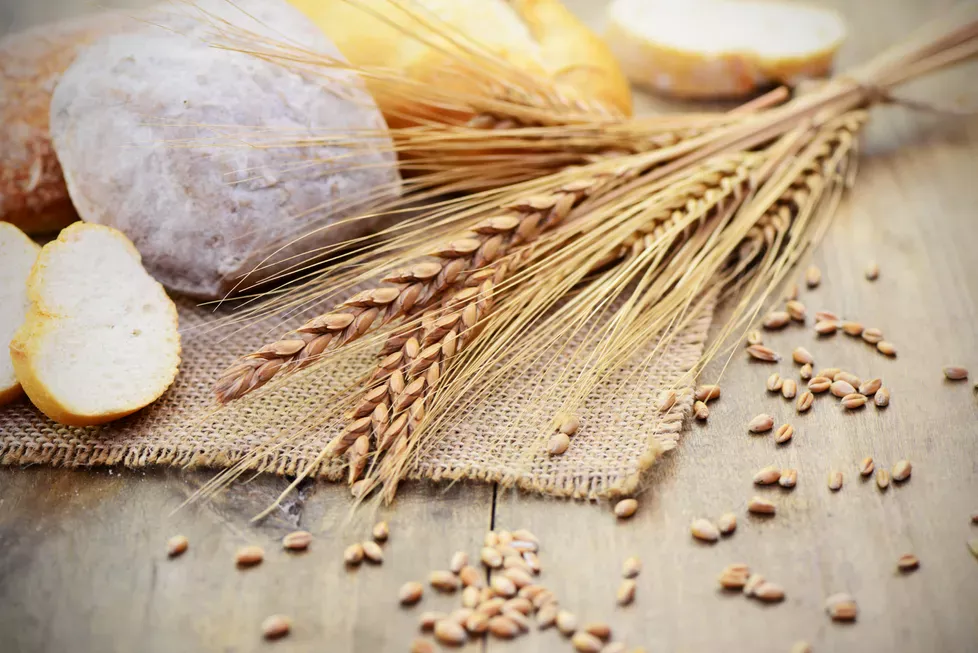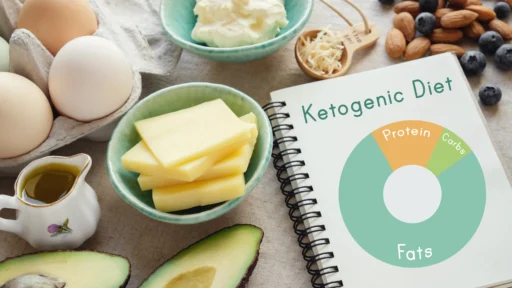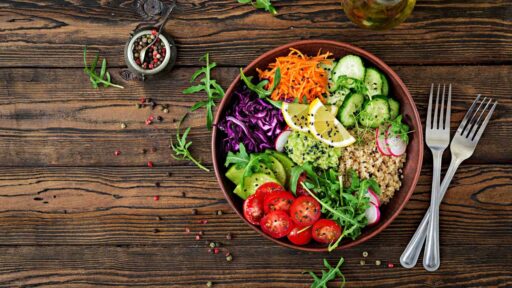Overview
The gluten-free diet has become more popular in recent years, drawing support from those who are health-conscious as well as those who have been diagnosed with celiac disease or gluten sensitivity. This post will explain what a gluten-free diet comprises, as well as any possible disadvantages and advice for keeping a healthy, well-balanced diet.
Describe gluten.
Proteins called gluten are present in wheat, barley, rye, and their byproducts. It adds to the texture of many baked items by giving dough its elasticity and chewiness. Gluten doesn’t usually cause health problems for most people, but it can have a variety of negative consequences on those who have wheat allergies, non-celiac gluten sensitivity, or celiac disease.
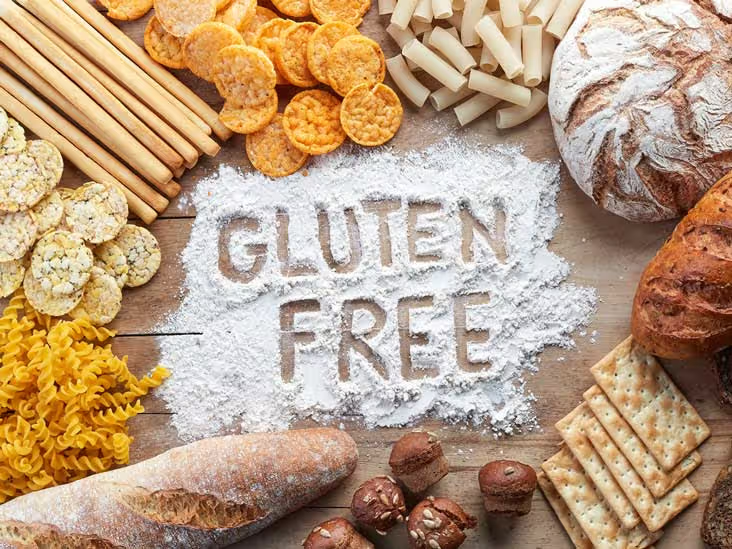
Gluten Intolerance
Gluten consumption damages the small intestine in those with celiac disease, an autoimmune condition. This may lead to nutritional malabsorption, which can cause a variety of health difficulties, such as skin rashes, lethargy, anemia, and digestive problems. Celiac illness can only be cured by following a rigorous gluten-free diet.
Non-Celiac Gluten Intolerance
Even if they do not have celiac disease, some people may have symptoms that are comparable to those of the disorder. This is called gluten sensitivity that is not celiac. Fatigue, bloating, and stomach discomfort are possible symptoms. Although the precise mechanism causing this sensitivity is still being investigated, symptoms are frequently relieved by avoiding gluten.
Advantages of a Diet Free of Gluten
Better Digestive Health: Eliminating gluten from the diet can significantly alleviate symptoms of the digestive system, such as gas, diarrhea, and bloating, for people with celiac disease or gluten sensitivity.
Enhanced Energy: After removing gluten, many people report feeling more energized and having better general health, especially those with undiagnosed gluten-related conditions.
Increased Nutritional Intake: Eating more whole, unprocessed foods, such as fruits, vegetables, lean meats, and healthy fats, is frequently encouraged by a gluten-free diet, which can enhance overall nutrition.
Decreased Inflammation: According to some research, people with gluten-related diseases may have less inflammation while following a gluten-free diet, which might assist with ailments like skin problems or arthritis.
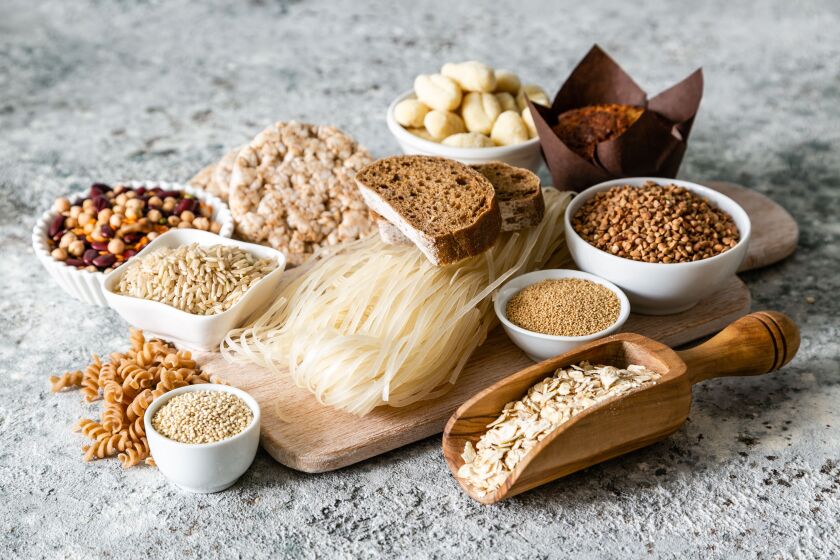
Possible Negative Effects of a Gluten-Free Diet
A gluten-free diet has advantages, but there may also be drawbacks:
Deficiencies in Nutrients: Whole grains and other gluten-containing meals are excellent sources of fiber, iron, and B vitamins, among other vital nutrients. If a gluten-free diet is not closely monitored, deficits may result.
Social Difficulties: Since gluten-containing foods are common in many cuisines, dining out or going to social gatherings can be difficult for people following a gluten-free diet.
Increased Intake of Processed meals: The popularity of packaged gluten-free meals may contribute to a rise in the intake of processed foods, which may be heavy in calories, fat, and sugar and may be harmful to general health.
Cost: Choosing a gluten-free diet is more expensive than choosing a gluten-containing one since gluten-free goods are often more expensive.
How to Continue Eating No Gluten
Read Labels: Look for substances that contain gluten on food labels at all times. Seek certificates attesting to the gluten-free status of the product.
Emphasis on Whole Foods: Place a strong emphasis on wholesome, unprocessed foods such as dairy, gluten-free grains, fruits, vegetables, lean meats, fish, and rice.
When dining out, use caution. Let the staff know if you have dietary restrictions related to gluten, and watch out for cross-contamination in the kitchen.
Think About Supplements: Speak with a doctor or dietitian about the right supplements if you’re worried about nutrient shortages.
Try Different Gluten-Free Substitutes: Almond flour, coconut flour, and gluten-free pasta are just a few of the many gluten-free substitutes that are available. Try different things to see what you like.
In summary
For people who have gluten sensitivity, celiac disease, or just want to get healthier overall, the gluten-free diet might be a good option. People can effectively manage a gluten-free diet by emphasizing healthy meals and paying attention to nutritional balance. To be sure a gluten-free diet fits your unique health needs and objectives, it’s always advisable to speak with a healthcare professional or certified dietitian.

